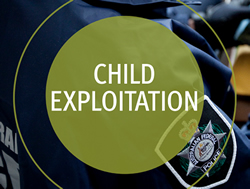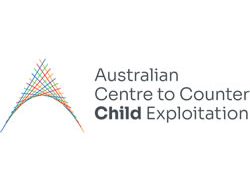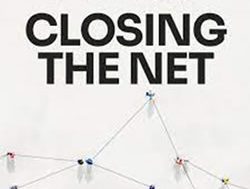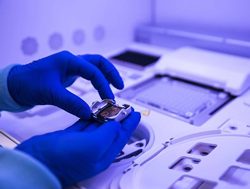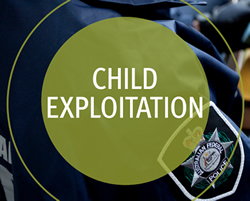 The Australian Federal Police (AFP) are calling on people to contribute to a world-first image bank to help combat child exploitation.
The Australian Federal Police (AFP) are calling on people to contribute to a world-first image bank to help combat child exploitation.
The project is an initiative of the Artificial Intelligence for Law Enforcement and Community Safety Lab (AiLECS Lab), a collaboration between the AFP and Victoria’s Monash University Faculty of Information Technology.
Co-director of AiLECS Lab, Campbell Wilson said researchers were asking people aged 18 and above to contribute photographs of themselves as children through the My Pictures Matter crowdsourcing campaign.
“These pictures will be used to train AI models to recognise the presence of children in ‘safe’ situations, to help identify ‘unsafe’ situations and potentially flag child exploitation material,” Associate Professor Wilson said.
AFP Leading Senior Constable and Co-director of AiLECS Lab, Janis Dalins said the ultimate goal of the project was to more rapidly identify victims and material not previously seen by law enforcement.
“This will enable police to intervene faster to remove children from harm, stop perpetrators and better protect the community,” Dr Dalins said.
“In 2021, the AFP-led Australian Centre to Counter Child Exploitation received more than 33,000 reports of online child exploitation and each report can contain large volumes of images and videos of children being sexually assaulted or exploited for the gratification of offenders,” he said.
“Reviewing this horrific material can be a slow process and the constant exposure can cause significant psychological distress to investigators.”
Dr Dalins said AiLECS Lab’s initiatives would support police officers and the children they were trying to protect.
He said researchers had come up with an innovative way to ethically develop the AI technology needed.
Professor Wilson said to develop AI that could identify exploitative images, researchers needed a very large number of children’s photographs in everyday ‘safe’ contexts that could train and evaluate the AI models.
“But sourcing these images from the internet is problematic when there is no way of knowing if the children in those pictures have actually consented for their photographs to be uploaded or used for research,” Professor Wilson said.
“By obtaining photographs from adults, through informed consent, we are trying to build technologies that are ethically accountable and transparent.”
He said researchers had developed comprehensive strategies for the safe storage and use of this data to preserve the privacy of those depicted, as well as processes to ensure the ongoing management of consent.
Dr Dalins said that by the end of 2022, researchers aimed to have a database of at least 100,000 ethically-sourced images to train the AI algorithm.
Further information on the My Pictures Matter campaign can be accessed at this PS News link.



